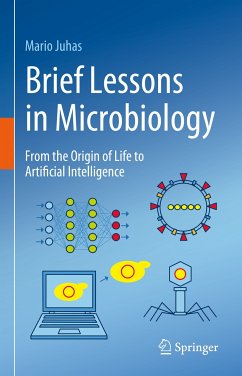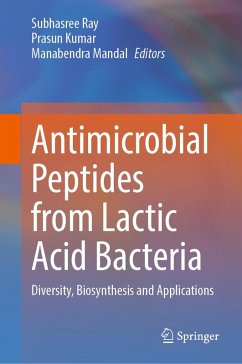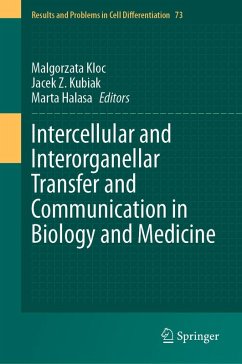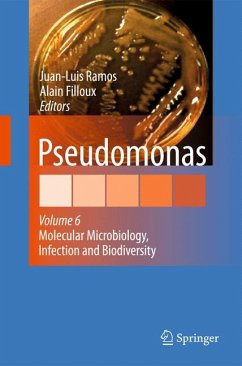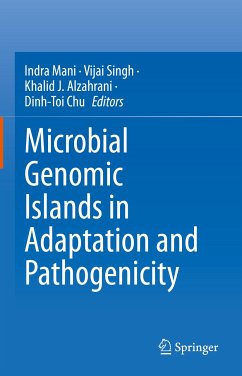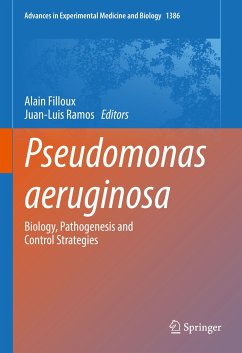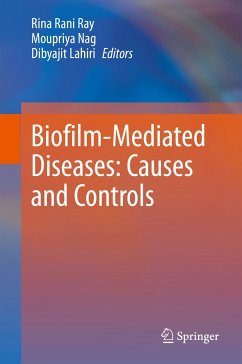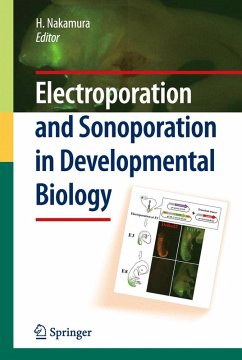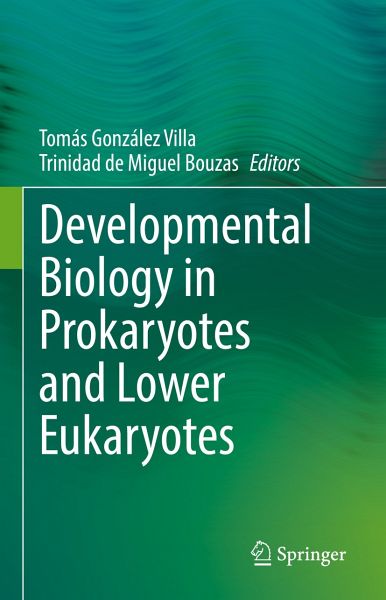
Developmental Biology in Prokaryotes and Lower Eukaryotes (eBook, PDF)
Versandkostenfrei!
Sofort per Download lieferbar
191,95 €
inkl. MwSt.
Weitere Ausgaben:

PAYBACK Punkte
96 °P sammeln!
'Developmental biology' is widely understood as processes, which mainly concern embryonic animal development and differentiation of cells and tissue. It is also often defined as the timeline for the evolutionary developmental biology of eukaryotic multicellular higher organisms, i.e., plants and animals. The development of prokaryotes and lower eukaryotes in contrary has been neglected for a long time, which was the motivation for publishing this book.This book highlights one of Darwin's most important findings: Evolution is a creative, but not a conscious process. It also illustrates that thi...
'Developmental biology' is widely understood as processes, which mainly concern embryonic animal development and differentiation of cells and tissue. It is also often defined as the timeline for the evolutionary developmental biology of eukaryotic multicellular higher organisms, i.e., plants and animals. The development of prokaryotes and lower eukaryotes in contrary has been neglected for a long time, which was the motivation for publishing this book.
This book highlights one of Darwin's most important findings: Evolution is a creative, but not a conscious process. It also illustrates that this concept does not only apply to multicellular higher organisms, but affects every form of life.
The reader shall find complex biochemical and genetic pathways of bacteria, yeasts or protozoa, comparable to those exhibited by plants or animals. The molecular mechanisms of dramatic genome rearrangements, recombination and horizontal gene transfer that are responsible for evolutionary adaptations are discussed. Additionally, the book covers bacteria of the genera Myxobacteriales and Caulobacterales, which are able to develop tissue-like cellular organization. The morphogenesis of entomopathogenic fungi and the endosymbiont theory are also addressed.
The book is a useful introduction to the field for junior scientists, interested in bacteriology, protistology and fungal development. It is also an interesting read for advanced scientists, giving them a broader view of the field beyond their area of specialization.
This book highlights one of Darwin's most important findings: Evolution is a creative, but not a conscious process. It also illustrates that this concept does not only apply to multicellular higher organisms, but affects every form of life.
The reader shall find complex biochemical and genetic pathways of bacteria, yeasts or protozoa, comparable to those exhibited by plants or animals. The molecular mechanisms of dramatic genome rearrangements, recombination and horizontal gene transfer that are responsible for evolutionary adaptations are discussed. Additionally, the book covers bacteria of the genera Myxobacteriales and Caulobacterales, which are able to develop tissue-like cellular organization. The morphogenesis of entomopathogenic fungi and the endosymbiont theory are also addressed.
The book is a useful introduction to the field for junior scientists, interested in bacteriology, protistology and fungal development. It is also an interesting read for advanced scientists, giving them a broader view of the field beyond their area of specialization.
Dieser Download kann aus rechtlichen Gründen nur mit Rechnungsadresse in A, B, BG, CY, CZ, D, DK, EW, E, FIN, F, GR, HR, H, IRL, I, LT, L, LR, M, NL, PL, P, R, S, SLO, SK ausgeliefert werden.



